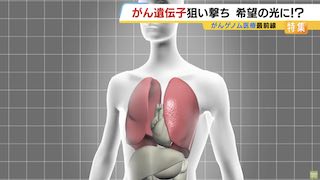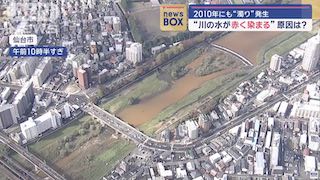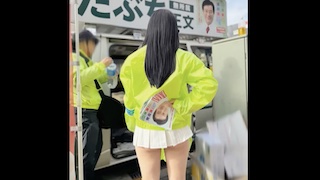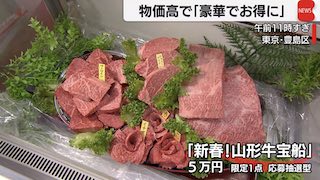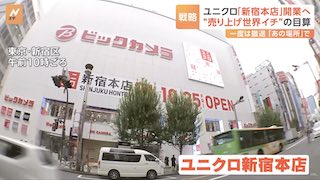TOKYO, Jul 31 (NHK) - The Bank of Japan has taken a big step to exit its monetary easing measures. The central bank has decided to raise its short-term interest rate again this year, to around 0.25 percent from roughly 0 to 0.1 percent.
The announcement came on Wednesday at the end of the BOJ's two-day meeting.
The hike was the first since March, when the bank raised the rate for the first time in 17 years and ended its negative interest rate policy. It has also decided to reduce the pace of its monthly purchases of long-term government bonds.
The BOJ has decided to gradually reduce the amount to around 3 trillion yen, or about 19.5 billion dollars, as of the first quarter of 2026.
The central bank has been buying about 6 trillion yen, or roughly 39 billion dollars, of government bonds a month.
BOJ Governor Ueda Kazuo later told reporters that Japan's economy and prices have so far been in line with the central bank's outlook.
Ueda said: "Partly due to the yen's weakening to date, import prices have started to rise again. I think we need to pay attention to the risk of price rises. Under the circumstances, the central bank has determined that it is appropriate to raise the policy interest rate and adjust the degree of monetary easing from the standpoint of achieving the inflation target in a sustainable and stable manner."
Ueda also commented on the impact of the reduction in government bond purchases on long-term interest rates. He said: "As we have a large amount of government bonds, the balance effect and stock effect of lowering the long-term interest rate will be slightly reduced. However, the amount of outstanding balance is expected to decline by around 7 to 8 percent in two years from now. So we think that the pressure to raise interest rates from the decline would not be a big deal."



